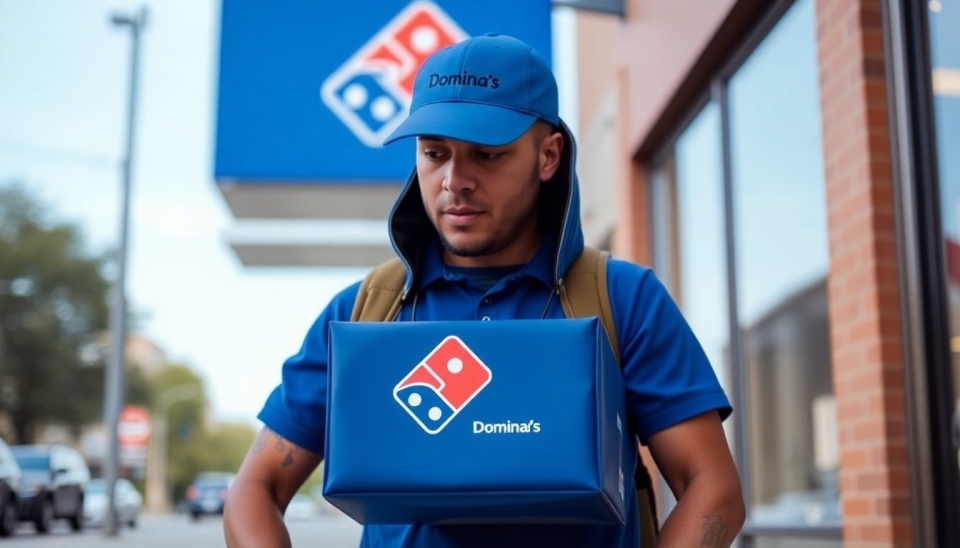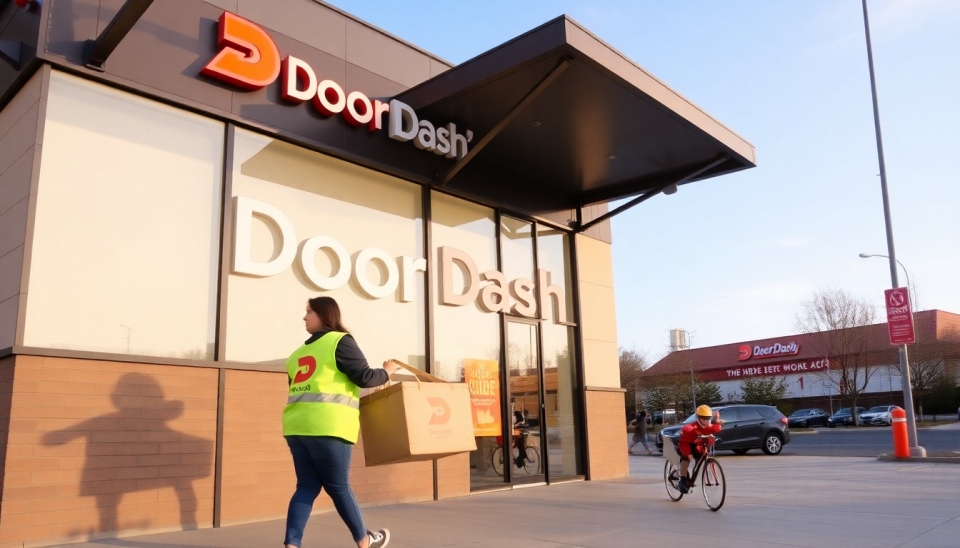
In a recent pilot program conducted by DoorDash, a significant majority of drivers have expressed a preference for maintaining their status as independent contractors rather than transitioning into a traditional employee model. This finding comes amid ongoing debates across the gig economy about the rights and protections afforded to workers in flexible job roles.
The pilot program, which was launched to explore potential benefits and compensation plans for drivers, indicated that many delivery personnel value the flexibility that comes with being classified as contractors. Unlike traditional employees, gig workers have the ability to set their own schedules, choose their delivery routes, and work as much or as little as they prefer. This inherent freedom appears to outweigh the security that could come with employee status, which typically includes benefits such as health insurance, paid sick leave, and retirement contributions.
DoorDash's initiative is especially relevant as the gig economy experiences heightened scrutiny from labor advocates and state lawmakers who push for increased protection for workers. California's AB5 law, for instance, has made it more challenging for companies like DoorDash to classify their drivers as independent contractors.
During the pilot program, drivers were given a choice to opt into various benefits typically available to full-time employees. However, feedback indicated that despite the appealing nature of certain benefits, many found that the financial trade-offs necessary for employee classification would diminish their overall earnings. Driven by their desire to maximize income, drivers leaned heavily towards retaining their independent contractor status.
The results of this pilot will likely have implications not just for DoorDash, but also for other gig economy companies grappling with how to balance driver satisfaction and rights with operational costs and labor laws. As DoorDash looks toward its future, understanding the preferences of its drivers will be critical in shaping policies that align with both their business objectives and the needs of their workforce.
As this debate continues, the conversation around the classifications of gig workers remains a crucial topic in the labor market, compelling both companies and policymakers to re-evaluate existing frameworks and consider innovative solutions that can accommodate the evolving nature of work in today's economy.
#DoorDash #GigEconomy #IndependentContractor #DriverRights #LaborLaws
Author: John Miller



